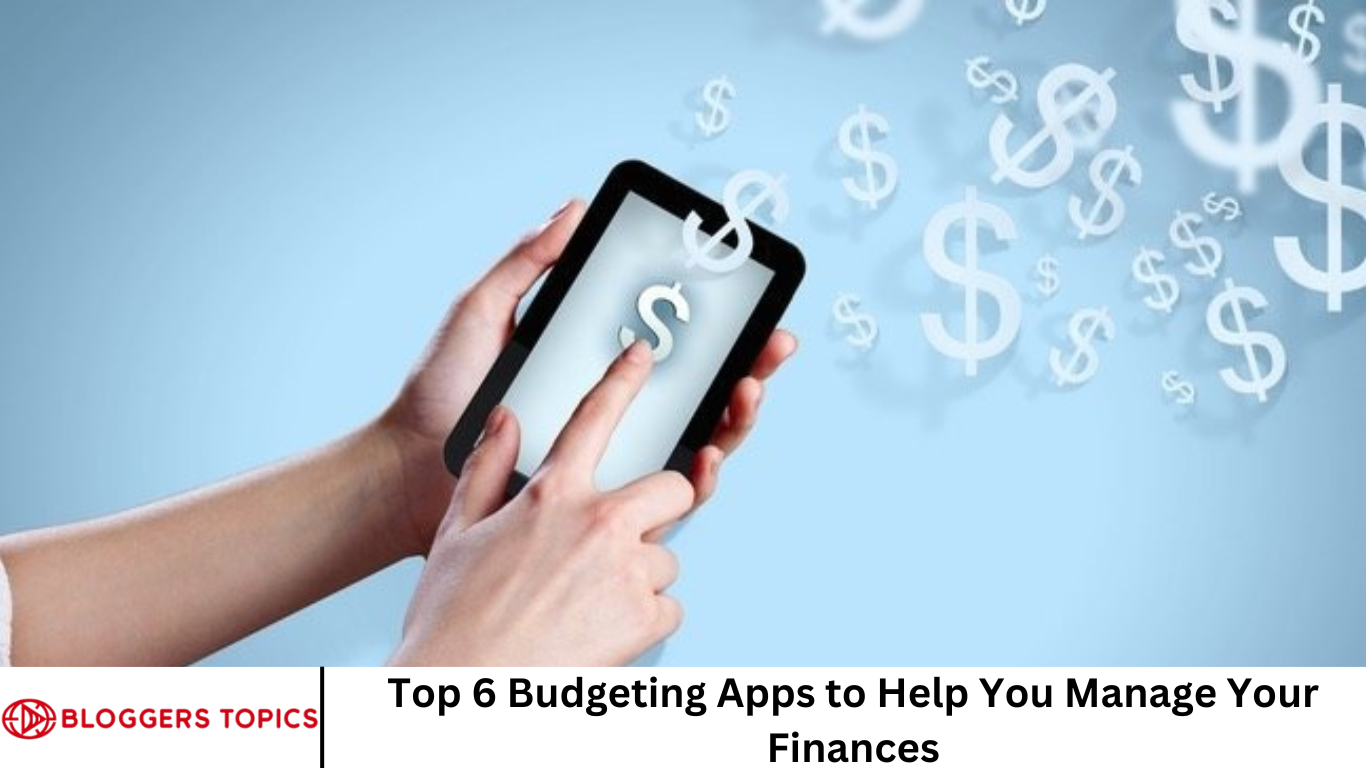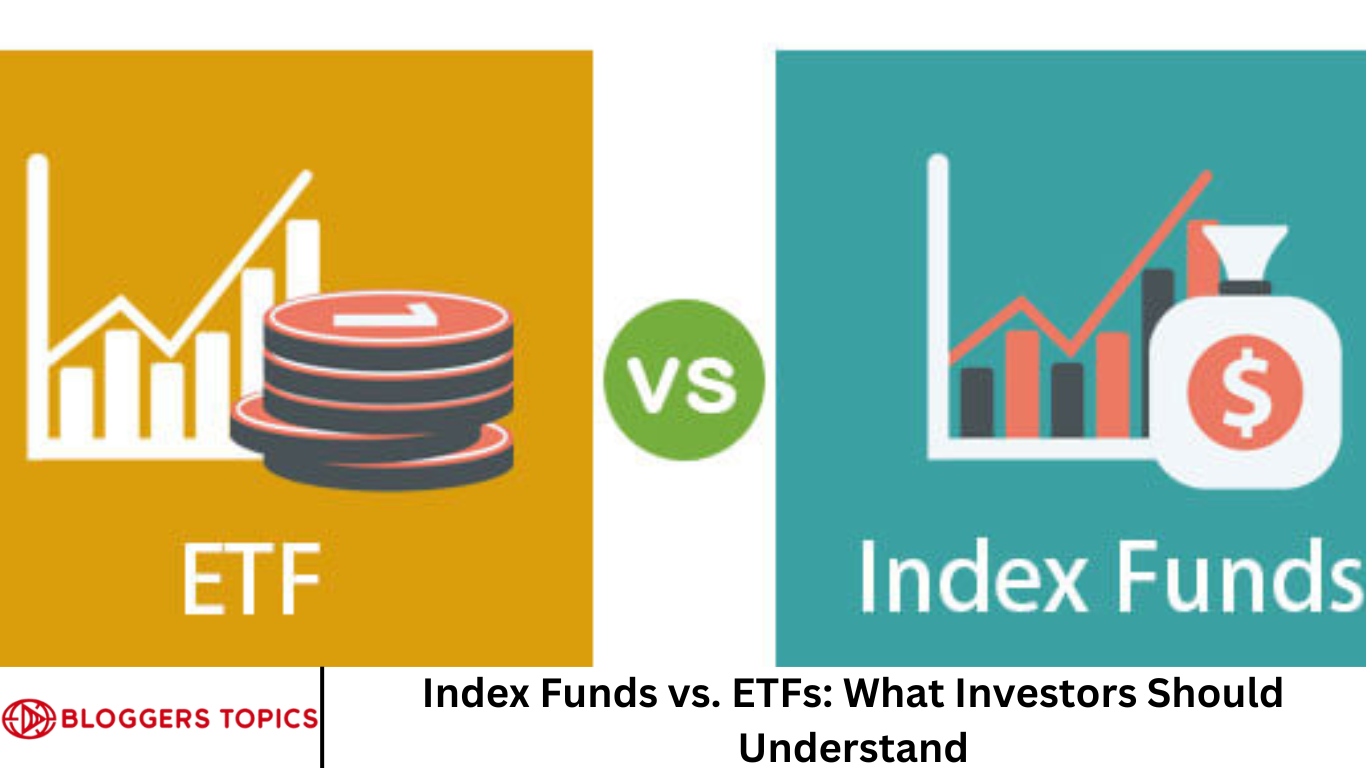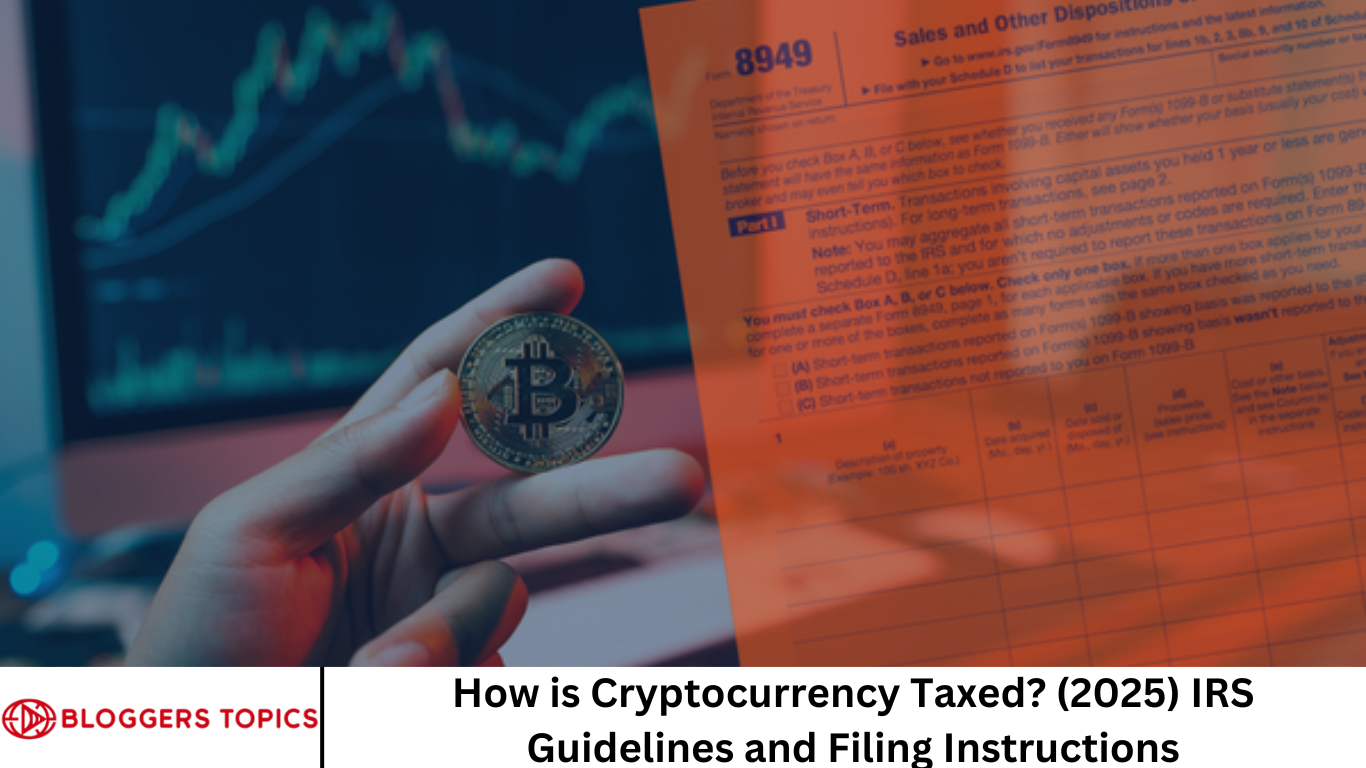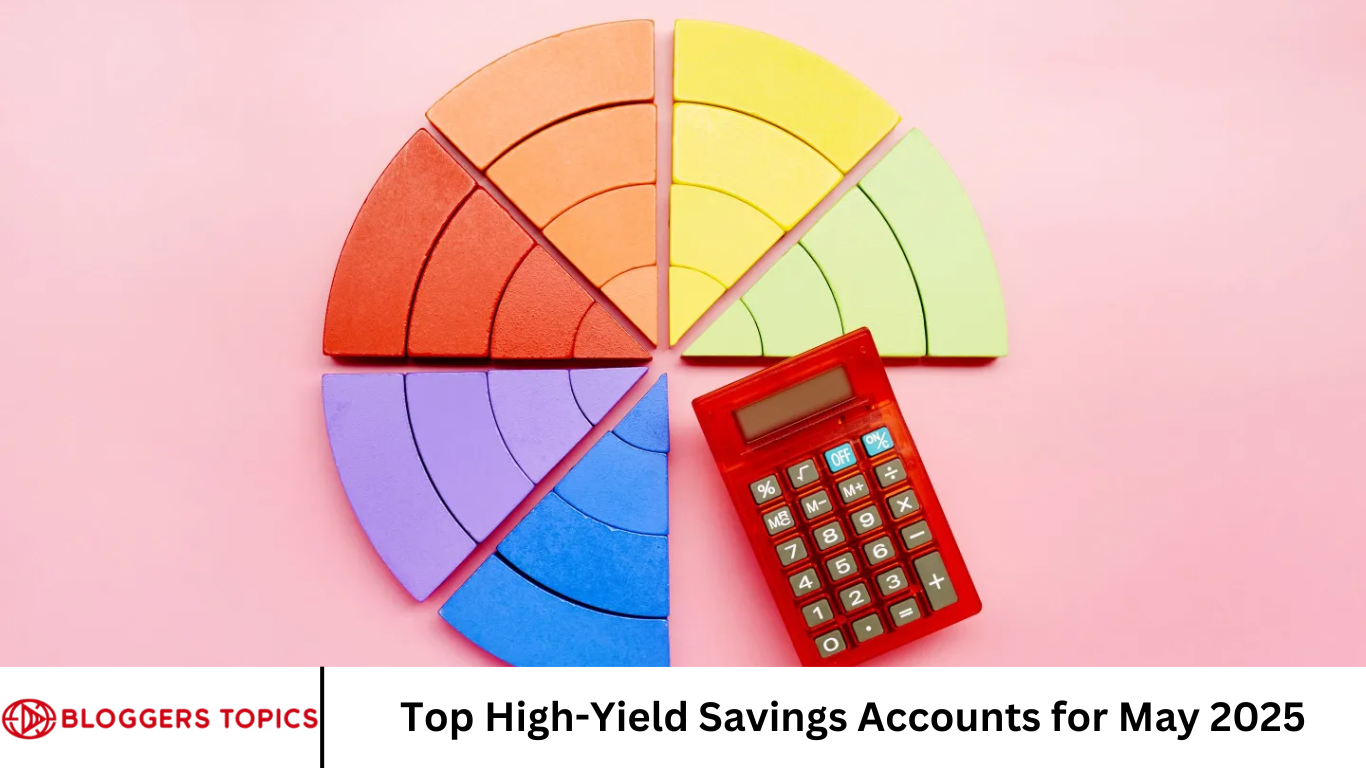Fast-paced world, managing your finances can be a daunting task. Fortunately, technology has made it easier to take control of your money, thanks to a wide variety of budgeting apps available at your fingertips. Whether you’re looking to cut down on expenses, save for a goal, or simply track where your money is going, there’s an app that can cater to your needs.
But with so many options out there, how do you know which budgeting app is the right fit for you? To help you make an informed decision, we’ve compiled a list of the top 6 budgeting apps that can help you manage your finances efficiently. Each app comes with unique features that can be tailored to different financial goals.
More Read: Achieving FIRE (Financial Independence, Retire Early) in 2025: A Guide to Securing Your Future
1. Mint: Best for Comprehensive Budgeting
Overview:
Mint is one of the most popular budgeting apps available today, and for good reason. Owned by Intuit (the same company behind TurboTax), Mint offers a comprehensive approach to budgeting and managing your finances. Whether you need to track spending, set savings goals, or monitor your credit score, Mint covers all the essentials in one user-friendly platform.
Features:
- Expense Tracking: Mint automatically categorizes your spending based on your bank transactions, making it easy to track where your money is going.
- Budget Creation: You can set customized budgets for different categories (e.g., groceries, dining out, transportation), and Mint will alert you if you’re nearing your budget limits.
- Bill Reminders: The app can send reminders for upcoming bills, helping you avoid late fees and maintain a good credit score.
- Credit Score Monitoring: Mint provides free access to your credit score, which is updated regularly so you can keep an eye on your financial health.
- Goal Setting: You can set specific savings goals (e.g., emergency fund, vacation, down payment on a house) and track your progress over time.
Why Mint is Great:
Mint is an excellent option for people who want a comprehensive tool that tracks all aspects of their finances in one place. It’s also free to use, making it a great choice for individuals on a budget. The app’s automatic syncing with bank accounts, credit cards, and bills is a time-saver, and its simple interface makes managing your finances less stressful.
2. YNAB (You Need A Budget): Best for Proactive Budgeting
Overview:
YNAB is a budgeting app designed with one main principle in mind: giving every dollar a job. YNAB focuses on helping users take a proactive approach to budgeting, ensuring that they are prepared for upcoming expenses rather than reacting to them as they occur. With its educational resources and budgeting philosophy, YNAB is an excellent tool for those who are serious about mastering their money.
Features:
- Zero-Based Budgeting: YNAB encourages users to allocate every dollar to a specific category, ensuring you know exactly where your money is going each month.
- Goal Tracking: The app allows you to set financial goals (e.g., saving for a vacation, paying off debt) and track your progress toward achieving them.
- Expense Tracking: YNAB syncs with your bank accounts and credit cards to help you stay on top of your spending and adjust your budget as needed.
- Education and Support: YNAB offers online workshops and educational content that teaches you how to manage your money effectively. The app also has a helpful user community that shares tips and advice.
- Debt Payoff Planner: YNAB allows you to create a plan for paying off debt, helping you prioritize high-interest balances while making progress toward financial freedom.
Why YNAB is Great:
YNAB is ideal for individuals who are looking to take a hands-on approach to budgeting. Its zero-based budgeting method is perfect for those who want to control every aspect of their finances and ensure they are always prepared for future expenses. While the app has a subscription fee, the resources and tools it offers can help you build a solid financial foundation, making it worth the investment.
3. EveryDollar: Best for Simple, Easy-to-Use Budgeting
Overview:
EveryDollar is a budgeting app developed by financial expert Dave Ramsey. Known for his “baby steps” approach to debt elimination and financial planning, Ramsey created EveryDollar to help individuals manage their finances using a simple and effective budgeting system. This app is perfect for users who want to follow a structured budget without getting bogged down in too many complex features.
Features:
- Zero-Based Budgeting: EveryDollar uses a zero-based budgeting method where you allocate every dollar you earn to specific expenses and savings goals.
- Goal Setting: You can set financial goals and track your progress toward achieving them, such as paying off debt or saving for a down payment on a home.
- Expense Tracking: EveryDollar syncs with your bank account, making it easy to track spending in real-time and stay within your budget.
- Debt Snowball Method: Following Dave Ramsey’s philosophy, the app helps you use the debt snowball method to pay off debts by focusing on small balances first and gradually moving to larger debts.
Why EveryDollar is Great:
EveryDollar is perfect for users who want a straightforward budgeting tool that helps them implement the zero-based budgeting approach. Its clean, easy-to-navigate interface makes it simple to use, even for beginners. Plus, EveryDollar is available in both a free version and a premium version, with the latter offering extra features like bank syncing and automated transaction tracking.
4. PocketGuard: Best for Simplicity and Security
Overview:
If you’re looking for a budgeting app that simplifies the process of managing your finances while keeping your financial information secure, PocketGuard is an excellent choice. This app focuses on helping users easily track their spending while ensuring they don’t overspend by calculating how much disposable income they have at any given moment.
Features:
- Spending Limits: PocketGuard automatically calculates your “In My Pocket” balance, showing you how much money you have left to spend after accounting for bills, goals, and savings.
- Expense Tracking: PocketGuard connects to your bank accounts and tracks your spending across multiple categories, helping you stay on top of where your money is going.
- Goals and Savings: The app allows you to set savings goals and create a plan to help you achieve them, making it easier to save for the future.
- Security Features: PocketGuard uses bank-level encryption to keep your financial data secure, ensuring your information is protected at all times.
- Bill Tracking: The app tracks your bills and due dates, helping you avoid late fees and stay organized.
Why PocketGuard is Great:
For individuals who want a simple, no-fuss app that does most of the heavy lifting for them, PocketGuard is a great option. The app’s “In My Pocket” feature is particularly useful for people who need a clear picture of their available spending money at a glance. Plus, with its focus on security, users can feel confident that their sensitive financial data is protected.
5. GoodBudget: Best for Envelope Budgeting System
Overview:
GoodBudget is a digital envelope budgeting app that helps you save and manage your money by following the envelope system. This traditional budgeting method divides your income into different categories (or envelopes), ensuring you stick to your financial limits. GoodBudget takes the classic envelope system and adapts it for the modern age, making it a great tool for people who prefer hands-on budgeting.
Features:
- Envelope Budgeting: GoodBudget allows you to create virtual envelopes for different spending categories (e.g., groceries, entertainment, transportation) and track your spending within those categories.
- Sync Across Devices: The app syncs across all your devices, making it easy to manage your budget whether you’re on your phone, tablet, or computer.
- Goal Setting and Savings: You can set savings goals and track your progress, helping you stay on track to meet financial milestones.
- Expense Tracking: GoodBudget allows you to manually track your income and expenses, ensuring you always know how much money you have left in each envelope.
- Debt Tracking: The app also helps you manage debt by setting aside funds to pay off outstanding balances.
Why GoodBudget is Great:
GoodBudget is ideal for people who prefer a more hands-on approach to budgeting and want to use a time-tested system like envelope budgeting. The app’s easy-to-use interface and ability to sync across multiple devices make it convenient for those who want to stay on top of their finances wherever they go. Although it doesn’t automatically sync with bank accounts, its manual entry system encourages users to stay mindful of their spending.
6. Personal Capital: Best for Tracking Investments and Net Worth
Overview:
Personal Capital is a comprehensive financial management app that goes beyond budgeting to help you track your investments, monitor your net worth, and plan for retirement. It’s ideal for individuals who want to take a broader approach to managing their money and plan for the long term.
Features:
- Investment Tracking: Personal Capital provides detailed insights into your investment portfolio, allowing you to track your assets, liabilities, and portfolio performance.
- Net Worth Tracker: The app automatically updates your net worth by tracking all of your assets (e.g., bank accounts, retirement funds, real estate) and liabilities (e.g., credit card debt, loans).
- Retirement Planning: Personal Capital offers a retirement planner that helps you determine if you’re on track to meet your retirement goals and suggests strategies to optimize your savings.
- Expense Tracking: Like other budgeting apps, Personal Capital tracks your spending and categorizes transactions, allowing you to stay within your budget.
- Fee Analyzer: The app also analyzes the fees you’re paying on investments, helping you reduce unnecessary costs.
Why Personal Capital is Great:
Personal Capital is the perfect app for people who are serious about tracking their investments and planning for retirement. It offers an all-in-one financial dashboard that lets you view your entire financial picture, from spending and saving to investments and net worth. If you’re looking for a more robust tool to manage both your short-term and long-term financial goals, Personal Capital is an excellent choice.
Frequently Asked Question
What is the best budgeting app for beginners?
Mint is often recommended for beginners because it offers an easy-to-use interface and automatically categorizes transactions. This makes it simple for users to get started without having to manually track every expense. Additionally, it’s free and provides a comprehensive overview of your finances, including spending, budgeting, and even credit score monitoring.
Do any of these budgeting apps charge fees?
Some budgeting apps, like YNAB (You Need A Budget) and EveryDollar, charge a subscription fee for full access to their features. However, others like Mint and PocketGuard offer free versions with optional premium upgrades. The fee for apps like YNAB typically provides additional features such as bank syncing, advanced reports, and goal tracking, making them a worthwhile investment for those serious about managing their finances.
Which budgeting app is best for people focused on saving for specific goals?
GoodBudget and YNAB are both excellent for goal-oriented users. GoodBudget uses an envelope budgeting system that allows you to allocate funds to specific savings goals, making it great for users who want to save for things like vacations or a down payment on a house. YNAB also emphasizes goal-setting and prioritizing savings, particularly for debt reduction and long-term financial goals.
Can I use these budgeting apps to track my investments?
Yes, Personal Capital is the best app for tracking investments. It provides a detailed view of your portfolio and helps you monitor your asset allocation and investment performance. Unlike other apps that focus mainly on expenses, Personal Capital also tracks net worth and retirement goals, making it ideal for investors.
Which app is best for tracking expenses automatically?
Mint excels at tracking your expenses automatically. It syncs with your bank accounts, credit cards, and other financial institutions to categorize transactions in real time. This feature makes it easy to stay on top of your spending without having to manually input each transaction.
Are there any apps that help with debt repayment?
Yes, both YNAB and EveryDollar are particularly helpful for managing debt. YNAB offers tools for prioritizing debt repayment using a zero-based budgeting method, while EveryDollar includes the debt snowball method, which helps you pay off smaller balances first before tackling larger ones.
Can I sync these budgeting apps with multiple devices?
Yes, most of the apps on this list allow syncing across multiple devices. GoodBudget, for example, syncs across all your devices, making it easy to access your budget whether you’re on your phone, tablet, or computer. YNAB, Mint, and Personal Capital also offer cloud-based syncing, ensuring your budget and financial data are up-to-date wherever you go.
Conclusion
Managing your finances doesn’t have to be difficult, and with the right budgeting app, you can take control of your money with ease. Whether you’re looking for simplicity, a comprehensive overview, or investment tracking, there’s an app on this list to suit your needs. From Mint’s all-in-one approach to YNAB’s proactive budgeting system, these apps can help you streamline your finances and reach your financial goals faster. When selecting a budgeting app, it’s important to consider your personal financial situation and goals. Each app offers unique features and benefits, so choose the one that aligns with your financial priorities. No matter which app you choose, the key to financial success is consistency and commitment to managing your money wisely.





